DNVN - The Prime Minister emphasized that to improve the operational efficiency of state-owned enterprises, it is necessary to ensure a transparent and autonomous mechanism, avoid administrative intervention that distorts the market, and at the same time encourage innovation, preserve and develop state capital.
Strengthening resource mobilization policy
On the morning of January 23, the National Assembly discussed the draft Law on State Capital Management and Investment in Enterprises and the Law on Digital Technology Industry. Speaking at the meeting, Prime Minister Pham Minh Chinh emphasized the importance of these two laws in the context of the economy lacking capital. The Prime Minister said that the policy mechanism needs to be clear to determine what is right to do and what is wrong to avoid, thereby promoting innovation.
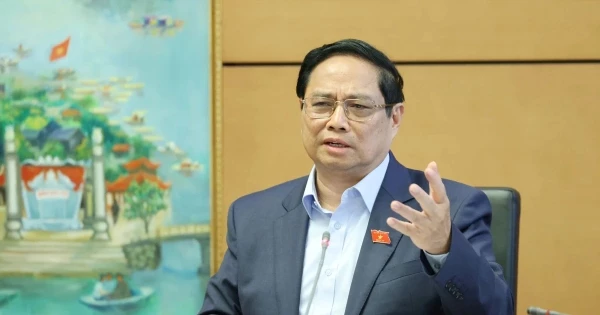
According to the Prime Minister, although Vietnam's GDP ranks 34th in the world, the size of the economy is still small and its resilience to external shocks is weak. Therefore, mobilizing all resources from the State, people, society, foreign countries and public-private partnership is very necessary.
"To achieve the goal of building a rich and powerful country with happy people, it is necessary to innovate management thinking, based on practical summaries. What is good must be promoted, what is not good must be corrected immediately, and obstacles must be resolved for development," the Prime Minister affirmed.
According to the Prime Minister, resources need to come from creative thinking and vision, but must be suitable to the country's actual conditions. Vietnam's internal strength, including people, natural resources, and historical and cultural traditions, needs to be promoted through appropriate mechanisms and policies.
The Prime Minister cited the achievements from the 10- and 100-contract mechanisms, emphasizing that breakthrough policies can change the economic situation, turning Vietnam from a rice-deficient country into a leading rice exporter.
No interference with business operations
Regarding the Draft Law on State Capital Management and Investment in Enterprises, the Prime Minister commented that the current management model is still in the testing phase and is not really stable.
"We need to avoid perfectionism, but also not be hasty. What is suitable should be kept, what is not suitable should be eliminated," said the Prime Minister.
The Prime Minister emphasized that the operations of state-owned enterprises need to follow the laws of the market, value, supply and demand and competition, instead of being subject to administrative intervention.
"Such intervention will distort the market, hinder thinking and development. Business management needs to be based on market mechanisms, international integration and suitable to Vietnam's conditions," the Prime Minister affirmed.
Regarding business plans, the Prime Minister requested that the Board of Directors of enterprises must take responsibility for themselves, on the basis of preserving and developing state capital, preventing corruption and waste. The State will play a supervisory and guiding role but will not specifically intervene in business activities.
The Prime Minister also said that to ensure autonomy, the law needs to boldly decentralize and delegate power. He cited the example of increasing capital for state-owned commercial banks, which has dragged on for many years due to complicated procedures.
"Businesses need a clear legal framework to freely innovate without fear of making mistakes. Time and timely decisions are decisive factors for success," the Prime Minister emphasized.
The Prime Minister agreed with the opinion of the Finance and Budget Committee that public investment capital should be implemented according to the Law on Public Investment, while state-owned enterprise capital must be decided by the Board of Directors.
"If the Board of Directors has been established to make decisions, why do we need to ask for opinions from administrative levels?", the Prime Minister asked.
He also stressed the need for decentralization and increased individual accountability in management. Designing appropriate monitoring and inspection tools would help central agencies focus on strategic planning, rather than performing specific tasks that are the responsibility of localities.
"The central government does not do it for the province, the province does not do it for the district, and the district does not do it for the commune. The spirit is that the locality decides, the locality does, and the locality is responsible. The same goes for business management, we should not interfere deeply," the Prime Minister emphasized.
In addition, the Prime Minister requested a review of regulations to ensure consistency between old and new laws, avoiding creating legal gaps.
Duy Loc
Source: https://doanhnghiepvn.vn/kinh-te/thu-tuong-can-thiep-vao-hoat-dong-doanh-nghiep-nha-nuoc-se-lam-meo-mo-thi-truong-can-tro-phat-trien/20241123065143694



![[Photo] Prime Minister Pham Minh Chinh and Prime Minister of the Kingdom of Thailand Paetongtarn Shinawatra attend the Vietnam-Thailand Business Forum 2025](https://vphoto.vietnam.vn/thumb/1200x675/vietnam/resource/IMAGE/2025/5/16/1cdfce54d25c48a68ae6fb9204f2171a)
















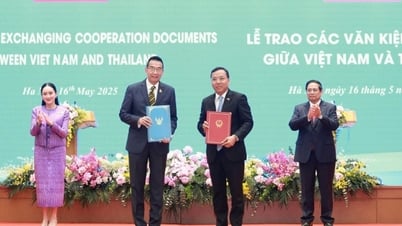

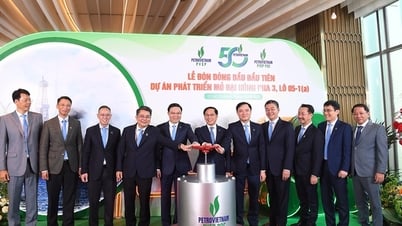
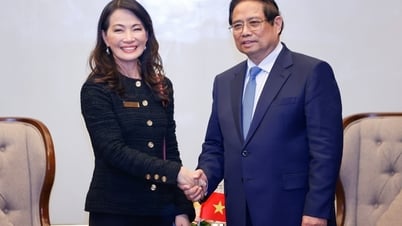

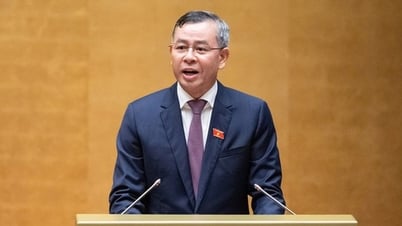





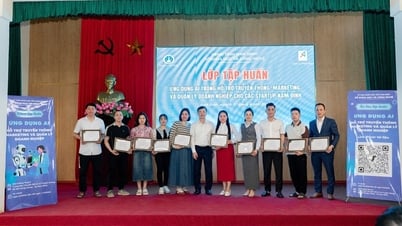
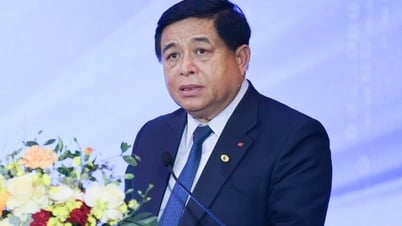
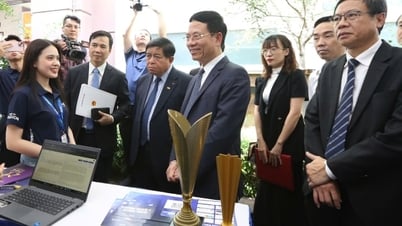
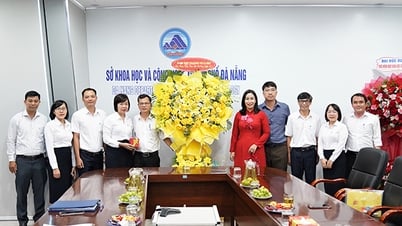

![[Photo] President Luong Cuong receives Prime Minister of the Kingdom of Thailand Paetongtarn Shinawatra](https://vphoto.vietnam.vn/thumb/1200x675/vietnam/resource/IMAGE/2025/5/16/52c73b27198a4e12bd6a903d1c218846)








































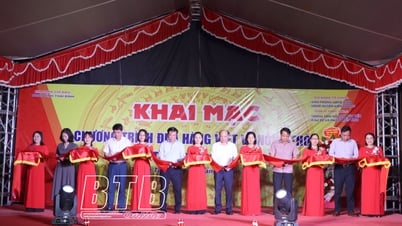

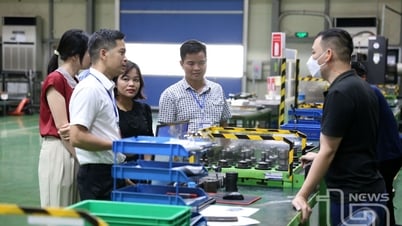
















Comment (0)